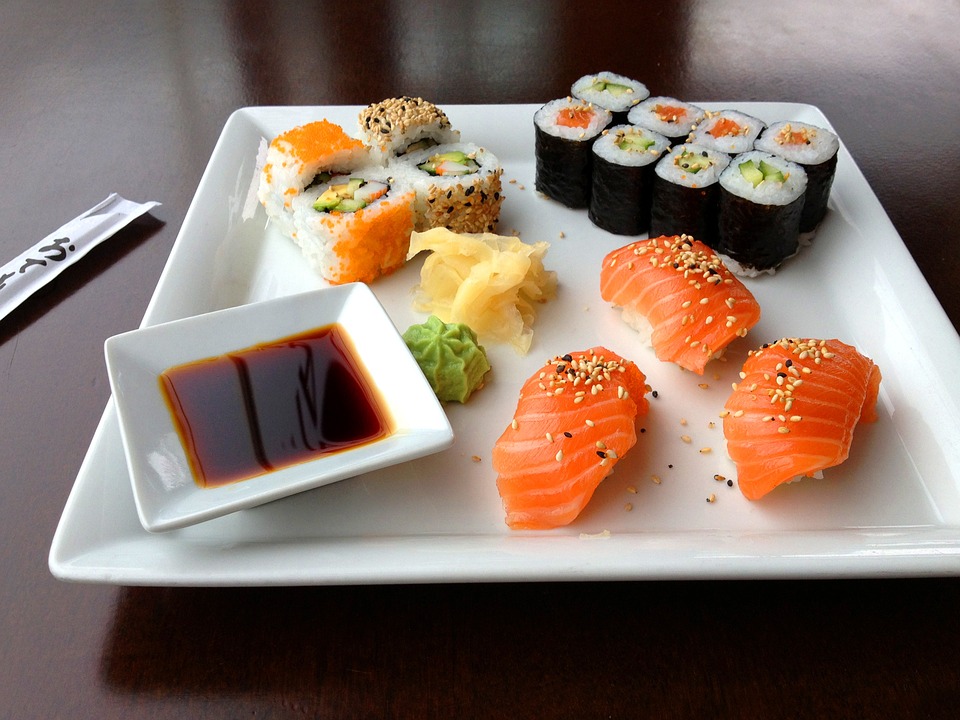
Humble Beginnings – Feeding The Poor And Now The Wealthy
There are certain foods that immediately make you think of wealthy lifestyles. Due to their expensive nature, you would assume that cuisine involving lobster or caviar have a long tradition of being luxury foods. You may even imagine Kings and Queens dining on them during the Middle Ages. But you’ll be surprised to know that a lot of the gourmet menu items nowadays use to be plentiful among peasants. Let’s take a look at some foods that were common among the poor that are now being enjoyed by the high class around the globe.
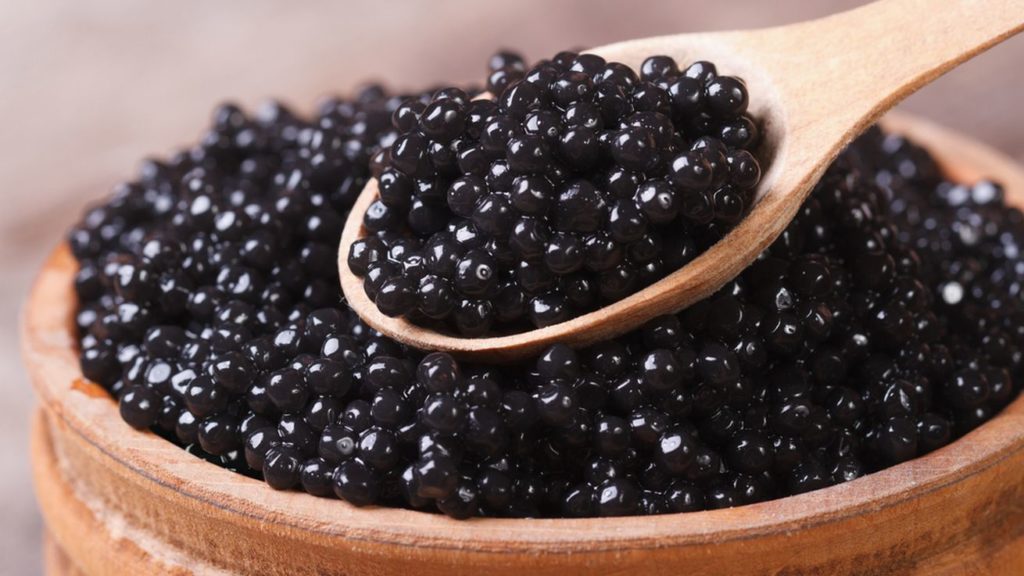
Caviar
When you hear the word caviar, you can’t help but associate it with large mansions, Mercedes-Benz sedans, and Rolex watches….but it wasn’t always the case. During the 19th century, caviar was so common that it was given away for free at most American bars the same way you’ll think to find peanuts. Now it’s considered one of the poshest items in the culinary world.
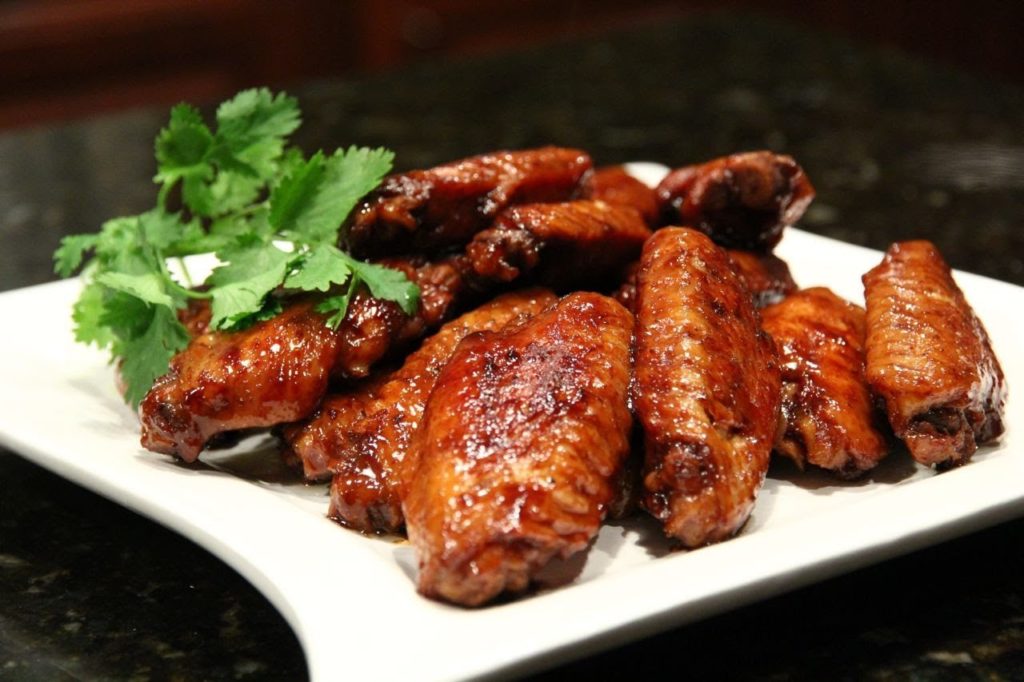
Chicken Wings
While chicken wings aren’t actually considered expensive compared to other items on this list, it had quite humble beginnings. Butchers would often throw away this part of the chicken when chopping up whole chickens. The poor would often consume this part of the chicken since it was usually free and easy to find. Take that into consideration next time you pay $24 for a large order at Buffalo Wild Wings.
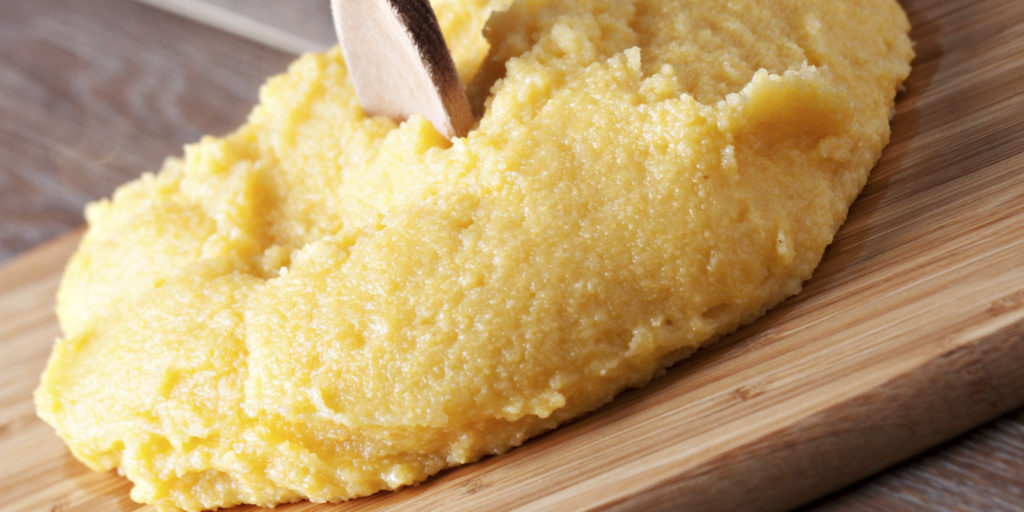
Polenta
Basically, a cornmeal porridge regularly consumed by Italians peasants and working class throughout history, Polenta had made giant leaps forward. American chefs have recreated it as a sophisticated culinary experience.
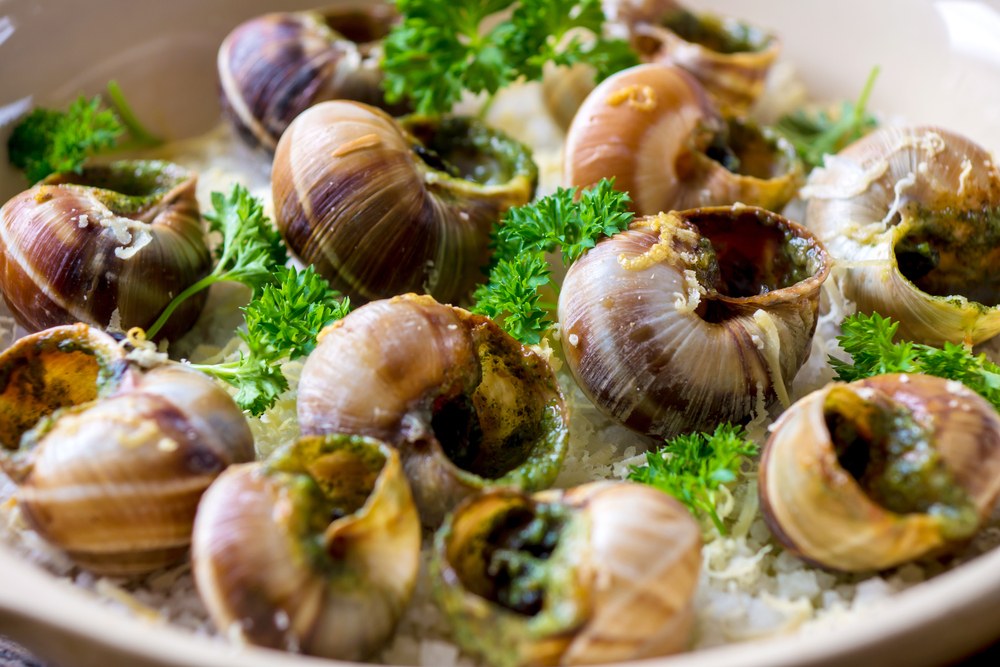
Snails
People have been eating snails since the time of the Greeks and Romans. However, after the French created the world famous “escargot”, snails have become a gourmet delicacy worldwide.
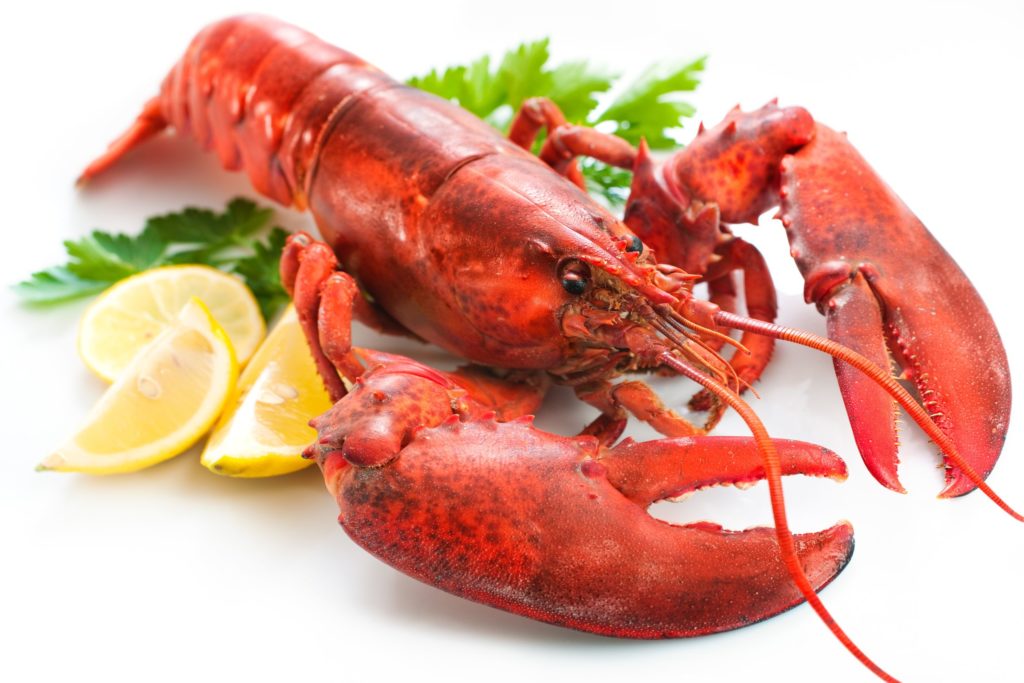
Lobster
Universally known as the food for the rich, nothing says high class more than lobster. But what if we told you that lobster was the food of choice for the American poor prior to the 19th century. Lobsters were largely abundant on the Eastern Coast and usually, piles of lobster shells around a house was viewed as a sign of poverty. American prisoners were given lobster almost daily in most meals since it was the cockroach of the sea. Then cheap rail travel opened up in the USA connecting the East Coast to pioneers who were more inland. These people did not know about the cheap reputation of lobster, and prices rose sharply and never looked back.
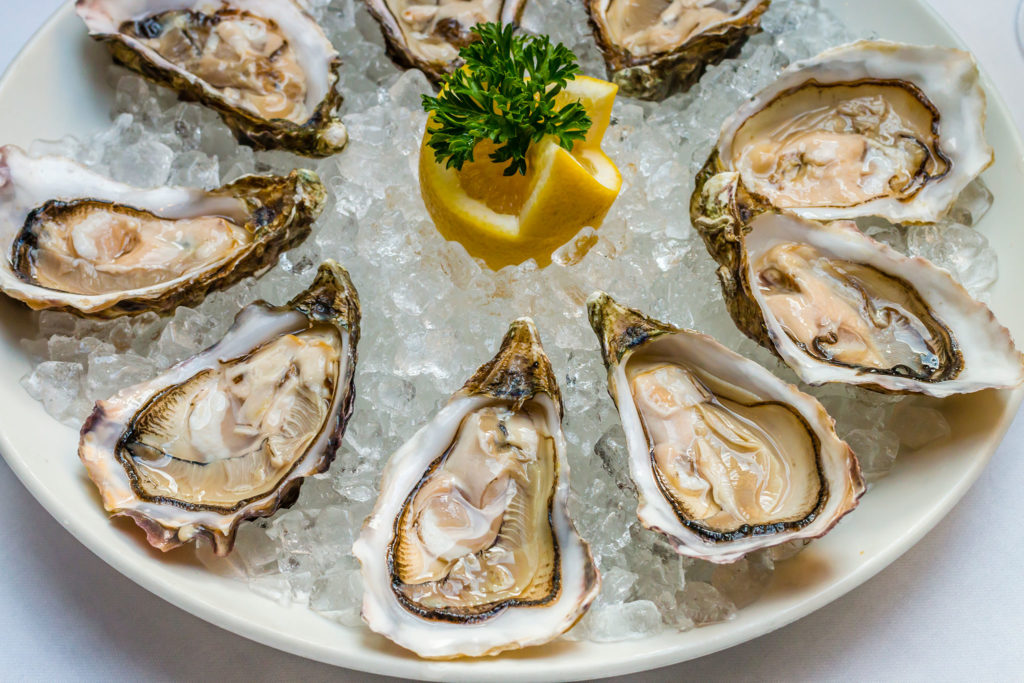
Oysters
Oysters have always been a popular food item throughout history. But it was never a delicacy as it is now. French coasts were awash with coastal oyster beds, but then supplies dwindled. People aren’t sure if it was due to overfishing or storm damage. But then the French invented farmed oyster, and this marked the beginning of its status as a luxury gourmet food item.
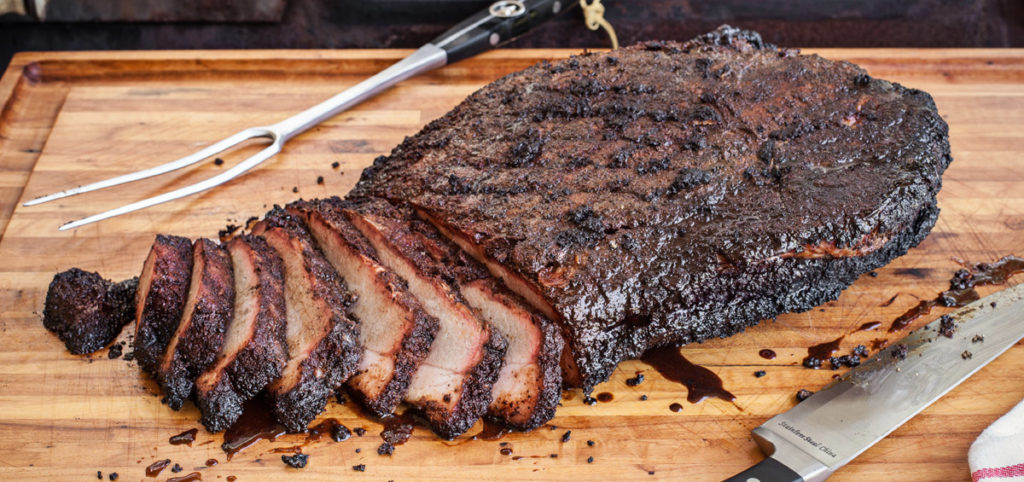
Brisket
Brisket was traditionally a cheap alternative to top cuts such as sirloin. One could say that brisket was the humble meal of the working class. Fast forward a few years and suddenly Brisket is one of the most popular items at most barbecue joints.

Sushi
The street snack of Japan, sushi was originally a way of preserving fish in fermented rice for the Japanese poor. These humble beginnings changed after World War II, as sushi came to American shores as an exotic Asian delicacy. The raw fish treat became very trendy in recent decades, and every major city has a bunch of expensive sushi bars.
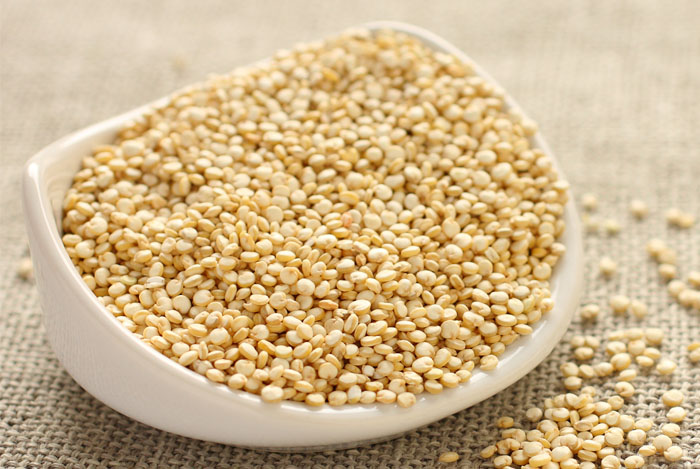
Quinoa
The humble foodgrain from Peru, it grew in popularity after being labeled as a superfood in recent years. Due to its popularity as a health food, the demand for this grain skyrocketed across the globe. This has also caused a rise in price in its home country, making it more difficult for locals to afford what was once a staple of their diet.
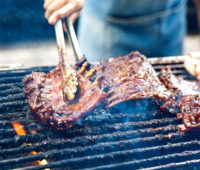
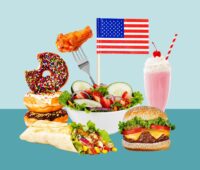
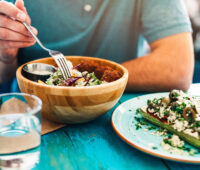


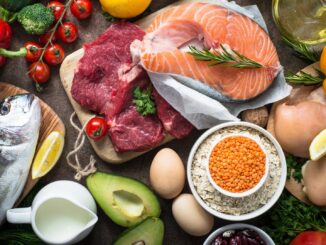








Leave a Reply
1 Comment on "Cheap Foods That Became Pricey Gourmet Foods Over Time"
You must be logged in to post a comment.
You must be logged in to post a comment.
This was an appetite opening article. Just had breakfast hour ago and am hungry again. Nice article and very informative. Great trivia conversation piece. Way to go!